Video games have increasingly demonstrated a great deal of audiovisual realism, in par with the massive performance improvement of computer systems. At the.


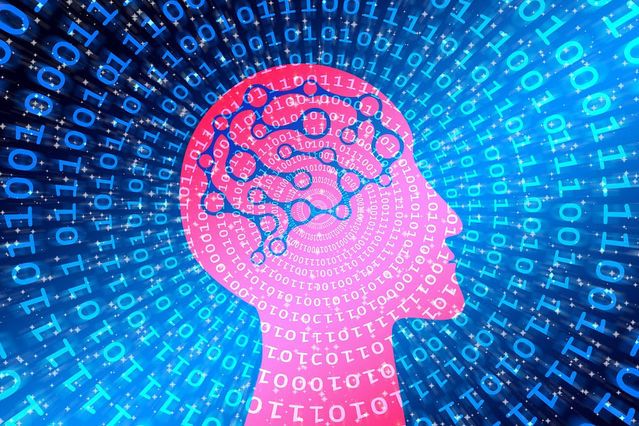

The AI taught itself the skill through a technique called reinforcement learning — essentially, it picked up the rules of the game over thousands of matches in randomly generated environments.
A paper on their research was published today in Science.
“How you define teamwork is not something I want to tackle,” Max Jaderberg, a DeepMind researcher who worked on the project told The New York Times. “But one agent will sit in the opponent’s base camp, waiting for the flag to appear, and that is only possible if it is relying on its teammates.”

Practical quantum computers may be another step closer to reality – and like so many technologies, we have graphene to thank for it. The bits of information in quantum computers (qubits) can famously exist in two states at once, and now researchers from MIT and other institutions have managed to record just how long that superposition state can last in a qubit made of graphene.
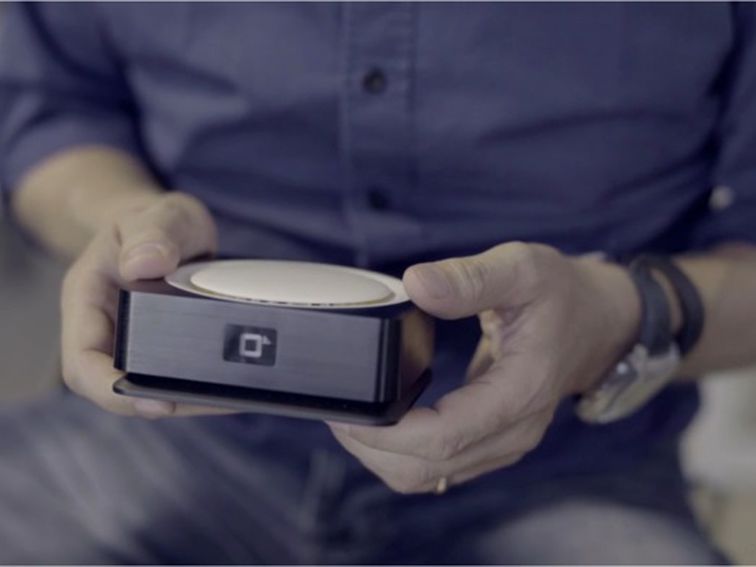
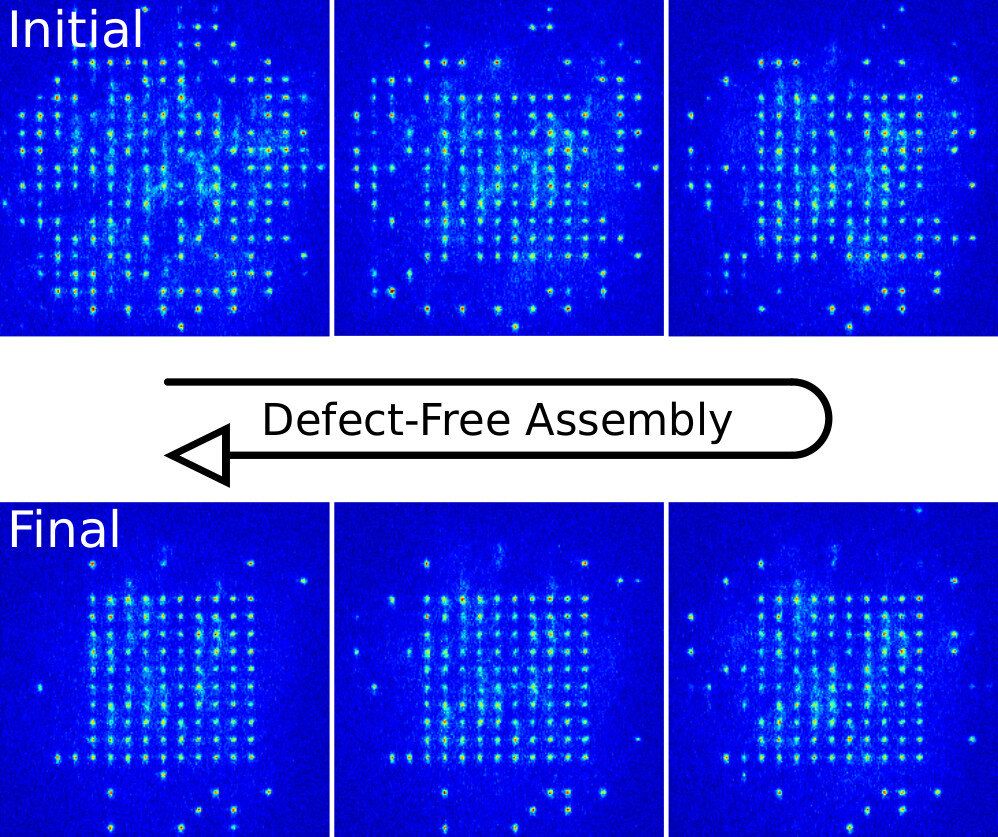
Researchers at Technische Universität Darmstadt have recently demonstrated the defect-free assembly of versatile target patterns of up to 111 single-atom quantum systems. Their findings, outlined in a paper published in Physical Review Letters, could drive assembled-atom architectures beyond the threshold of quantum advantage, paving the way for new breakthroughs in quantum science and technology.
“Our research is driven by the observation that physical sciences are right in the middle of a paradigm shift in which the application of quantum physics, i.e. quantum technologies, are becoming the leading technologies in the near future,” Gerhard Birkl, one of the researchers who carried out the study, told Phys.org. “A vast list of applications are already foreseeable but I am convinced that of most applications we are not even aware of.”
The next step for the field of quantum science and technology is the development of experimental platforms that offer extensive scalability, multisite quantum correlations and efficient quantum error correction. Over the past century or so, researchers have carried out a substantial amount of work on single quantum systems, laying the foundations for current developments. Atomic quantum systems have played a key role in these studies, particularly neutral atoms trapped by light, as they provide well-isolated quantum systems with favorable scaling.
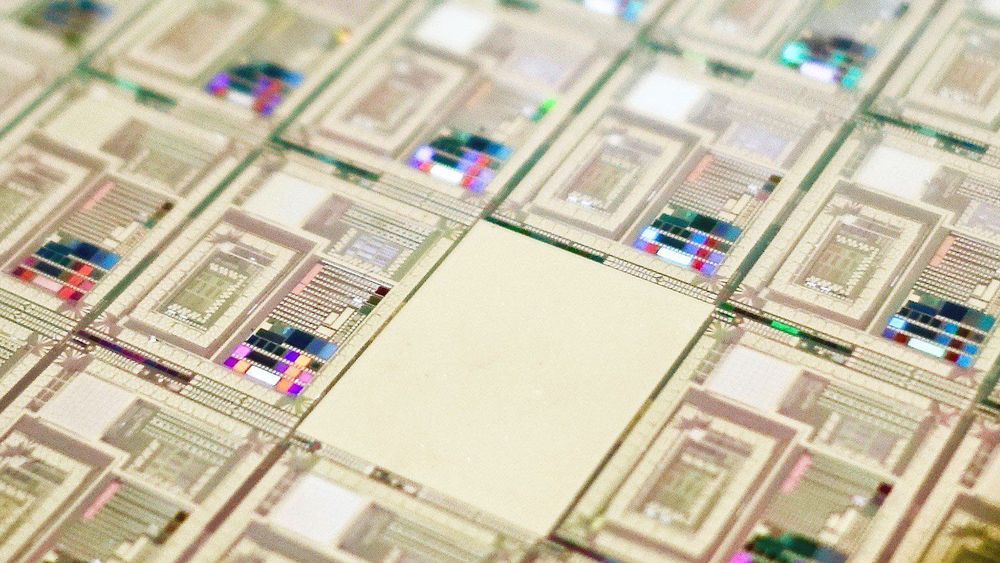

May has been a great month for LEAF; there’s been a lot of exciting news, such as our president’s participation in the XPRIZE Foundation’s most recent meeting, Steve Hill making it among the top 100 journalists covering aging research, and last but not least, the launch of Lifespan.io’s brand-new, life extension-focused show, LifeXtenShow!
LEAF News

If you’re planning a trip to Hawaii, be mindful of what you eat, the state’s Department of Health states in an advisory published last week. Officials are ramping up efforts to warn tourists about rat lungworm disease, an illness caused by a parasite that can infest human brains. The advisory follows an alert from the CDC that confirmed three new rat lungworm cases all linked to Hawaii.
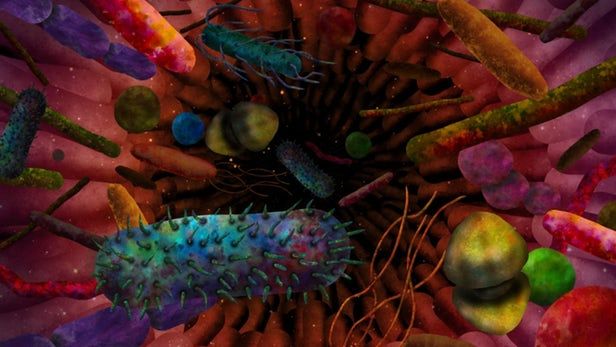
Two studies are shedding light on the links between the gut, the brain, and autism. The research reveals how gut problems can be triggered by the same gene mutations associated with autism, and a study shows how a fecal transplant from humans with autism can promote autism-like behaviors in mice.